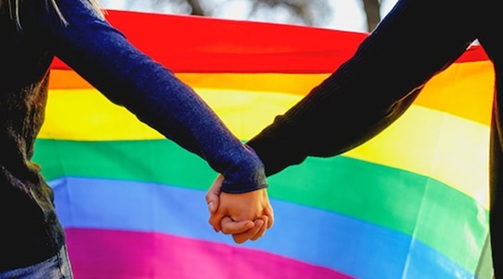|
(Mains, General Studies Paper-2: Welfare schemes for vulnerable sections of the population by the Centre and States and the performance of these schemes; Mechanisms, laws, institutions and bodies constituted for the protection and betterment of these vulnerable sections)
|

Reference
The Delhi High Court has asked the Central government to explain its stand on why same-sex couples are not allowed to give medical consent for each other, raising concerns about the lack of legal recognition and rights.
Recent Cases
- A same-sex couple had appealed to the Delhi High Court after being denied the right to make medical decisions for their partner in an emergency.
- According to the petitioner, the hospital refused to take consent from the same-sex partner, citing lack of recognition of their relationship under Indian law.
- The Indian Medical Council (Professional Conduct, Etiquette and Ethics) Regulations, 2002 mandate the consent of the spouse, parent or guardian in case of a minor or the patient himself for medical procedures/treatment.
High Court observations
- The High Court questioned discrimination in medical rights, saying it violates the right to life (Article 21).
- It emphasised the importance of personal autonomy and the need to legalise homosexual relationships in practical matters such as healthcare.
- The High Court has sought an explanation from the Central government on-
- Why homosexual couples are excluded from acting as medical representatives or next of kin?
- Can non-traditional families be included in the current hospital/ICU consent framework?
Supreme Court judgment on homosexuality
- The Supreme Court decriminalised homosexuality in Navtej Singh Johar vs Union of India (2018).
- However, there is still a lack of clear provisions regarding the civil rights of LGBTQ+ persons such as marriage, adoption and medical consent.
Implications of the High Court's observation for policy and governance
- It highlights the gaps in the personal and medical rights of gay persons.
- It signals the need for comprehensive legislation or administrative directives to ensure equal access to healthcare.
- It may influence the debate on civil union rights and legal recognition of gay couples in India.



